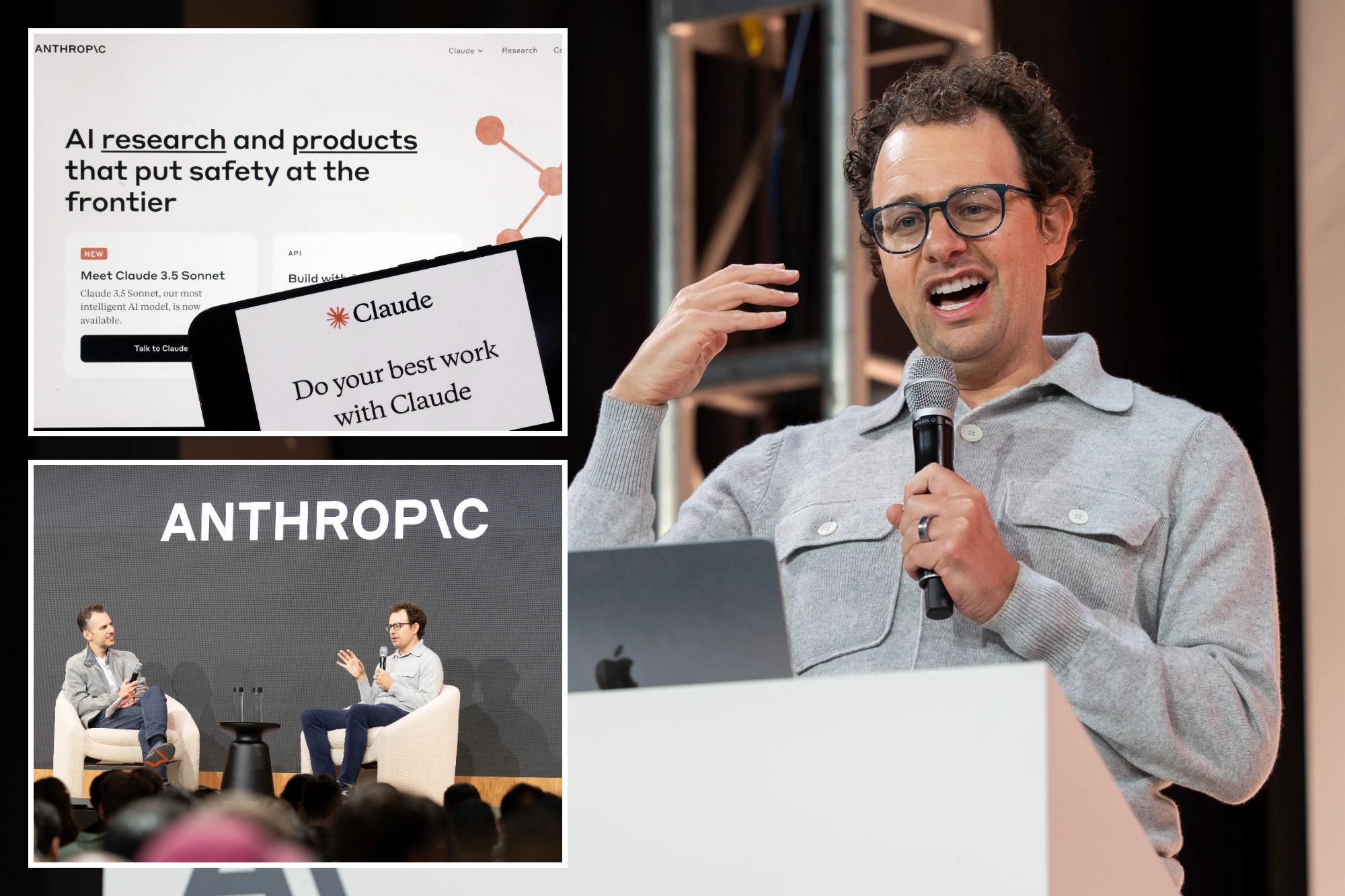A Federal Judge of San Francisco ruled on Monday that the use of anthropic books without permission to form his artificial intelligence system was legal under the Copyright Law of the United States.
The Judge of the North District -American, William Alsup, said that Anthropic made Anthropic “just” of writers’ books Andrea Bartz, Charles Graeber and Kirk Wallace Johnson to form his model of great Claude language.
Alsup also said, however, that the copying and storage of anthropic of more than 7 million pirate books in a “central library” violated the copyright of the authors and were not fair use. The judge has ordered a trial in December to determine how many anthropic offenses.
The Copyright Act of the United States says that voluntary copyright infringement may justify legal damage of up to $ 150,000 per work.
Anthropic spokesman said that the company was pleased that the court acknowledged that its AI formation was “transformative” and “coherent to Copyright’s purpose to allow creativity and foster scientific progress”.
The writers presented the class action proposed against Anthropic last year, arguing that the company, endorsed by Amazon and Alphabet, used pirate versions of its books without permission or compensation to teach Claude to respond to human directions.
The proposed class action is one of the demands presented by authors, communication points and other copyright owners against companies such as Openai, Microsoft and Meta Platforms on their IA formation.
The doctrine of fair use allows the use of copyright works without the permission of the copyright owner in some circumstances.
Fair use is a key legal defense for technology companies, and Alsup’s decision is the first to address it in the context of the generative IA.
The companies of the AIs argue that their systems use good copyright material to create new transformative content and are forced to pay copyright holders for their work, could hinder the growing AI industry.
Anthropic told the court that he made fair use of books and that the Copyright Law of the United States “not only allows it, but also encourages” his formation of IA because he promotes human creativity. The company said that its system copied books to “study the writing of the plaintiffs, to extract non -possible information and to use what he learned to create revolutionary technology.”
Copyright owners say that AI companies illegally copy their work to generate competitive content that threatens their livelihoods.
Alsup agreed with anthropic on Monday that his training was “extremely transformer”.
“Like any reader who aspired to be a writer, the Anthropic LLMs were formed in the works so as not to run forward and replant -or impersonate them, but to turn a hard corner and create something different,” said Alsup.
Alsup also said, however, that Anthropic violated the rights of authors by saving pirate copies of his books as part of a “central library of all books in the world” that would not necessarily be used for AI formation.
Anthropic companies and other outstanding AI companies, including Openai and Meta platforms, have been accused of unloading pirate copies of millions of books to form their systems.
Anthropic had told Alsup in a court that the source of his books was irrelevant to fair use.
“This order doubts that any accused offender could fulfill their burden of explaining why downloading copies of origin from pirate sites that could have been legally acquired or accessed was reasonably necessary for any subsequent use,” said Alupi Monday.
#Anthropic #supported #Amazon #wins #key #ruling #copyright #filed #authors
Image Source : nypost.com
